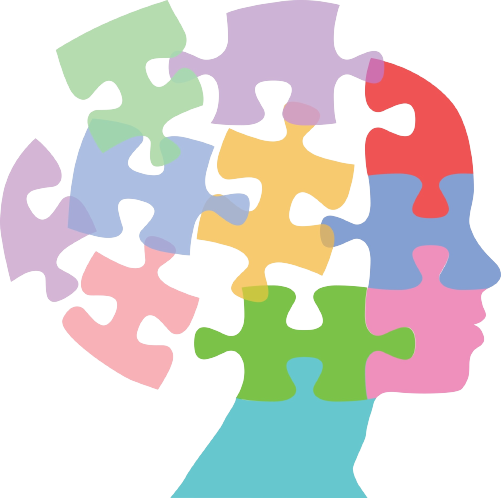Living with chronic pain is not just about physical discomfort; it can profoundly impact mental health and well-being. The intricate relationship between chronic pain and mental health is often misunderstood, but acknowledging and addressing this connection is crucial for holistic healing. Let’s delve into the complex interplay between chronic pain and mental health, exploring its challenges, effects, and strategies for finding relief and resilience.
The Impact of Chronic Pain on Mental Health:
Psychological Distress: Chronic pain can lead to feelings of frustration, anger, sadness, and despair. The relentless nature of pain can wear down resilience and exacerbate symptoms of anxiety and depression.
Social Isolation: Managing chronic pain may limit one’s ability to participate in social activities, leading to feelings of loneliness and isolation. The loss of connection with others can further contribute to negative emotions and mental health struggles.
Sleep Disturbances: Pain-related sleep disturbances are common among individuals with chronic pain conditions. Poor sleep quality can exacerbate both physical discomfort and mental health symptoms, creating a vicious cycle of pain and sleeplessness.
Impaired Functioning: Chronic pain can interfere with daily activities, work, and relationships, leading to feelings of inadequacy and decreased self-esteem. The inability to engage in valued activities can further impact mental well-being and quality of life.
Strategies for Coping and Healing:
Comprehensive Pain Management: Seeking professional help from pain specialists, including physicians, physical therapists, and mental health therapists can provide comprehensive pain management strategies tailored to individual needs. This may include medication, physical therapy, and psychological interventions.
Mind-Body Techniques: Mindfulness meditation, deep breathing exercises, and progressive muscle relaxation techniques can help reduce stress, improve coping skills, and enhance pain tolerance. Integrating mind-body practices into daily life can promote relaxation and emotional well-being.
Cognitive-Behavioral Therapy (CBT): CBT is an evidence-based therapy approach that can help individuals develop coping strategies to manage pain-related distress and improve overall functioning. By challenging negative thought patterns and adopting adaptive behaviors, individuals can learn to navigate pain more effectively.
Social Support and Connection: Building a supportive network of friends, family, or support groups can provide emotional validation, encouragement, and practical assistance in managing chronic pain. Sharing experiences with others who understand can reduce feelings of isolation and promote resilience.
Self-Care and Lifestyle Modifications: Prioritizing self-care activities, such as regular exercise, healthy nutrition, adequate sleep, and stress management, can help alleviate pain and improve mental health. Making lifestyle modifications and pacing activities can prevent exacerbation of symptoms and promote overall well-being.
Living with chronic pain presents unique challenges that extend beyond physical discomfort to impact mental health and quality of life. However, by acknowledging the intersection of chronic pain and mental health and implementing holistic approaches to care, individuals can find relief, resilience, and hope on their journey to healing. Through comprehensive pain management, mind-body techniques, therapy interventions, social support, and self-care practices, individuals can cultivate the strength and resources needed to navigate the complexities of chronic pain and reclaim their well-being. Remember, healing is possible, and you are not alone in your journey.
